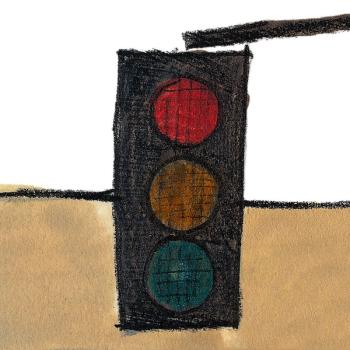
A phase 3 study exploring Zydelig in combination with Treanda and Rituxan for patients with previously treated CLL has been stopped early following a positive interim analysis.

A phase 3 study exploring Zydelig in combination with Treanda and Rituxan for patients with previously treated CLL has been stopped early following a positive interim analysis.

Adding the MEK inhibitor Mekinist to the BRAF inhibitor Tafinlar significantly improves long-term outcomes while lowering certain adverse events associated with either agent alone.
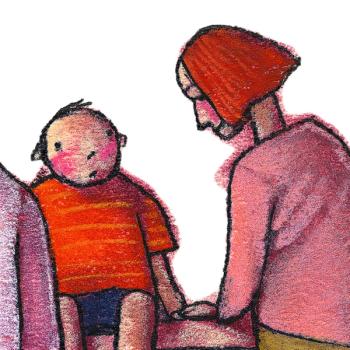
Parenting a child with a life-threatening illness like cancer is associated with unique demands and simultaneously raising healthy siblings can add another layer of complexity.

In a recent survey, 48 percent of insured patients with cancer indicated that they never wanted to discuss the topic of out-of-pocket treatment costs.

The dramatic and often practice-changing findings demonstrated by trials of immunotherapies in melanoma and lung cancer may soon be reflected in the treatment of bladder cancer.

As part of this program, the FDA plans to take action on the drug's application within six months instead of the standard 10 months under regular review.

The holidays are so intertwined with the notion of stress that if you Google the term "holiday stress," you'll get 24,500,000 results.

Nexavar and Lenvima have significantly altered the treatment paradigm for patients with advanced RAI-refractory differentiated thyroid cancer, with combination strategies hoping to further build upon this success.

Neoadjuvant chemotherapy is increasingly used in advanced ovarian cancer, even though it has not been shown to improve survival versus primary cytoreduction.

Two-time cancer survivor discusses her fatigue and possible answers for it.

To gain insight into the recent flurry of FDA approvals in melanoma, CURE spoke with Tim Turnham, the executive director of the Melanoma Research Foundation.

The approval was based on data from 411 patients from two single-arm studies.
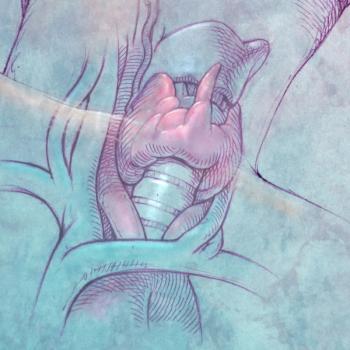
While the prognosis remains good for individuals with HPV-positive oropharyngeal cancers, researchers are currently seeking less intense treatment options that are equally effective but not as toxic.

Monoclonal antibodies are poised to revolutionize the treatment of adult patients with relapsed acute lymphoblastic leukemia (ALL).

With a cancer scare, it is easy to tiptoe around the word.

Being diagnosed with cancer is nothing to laugh about. However, working in some laughter as you go through your cancer journey can make the process a lot less stressful.
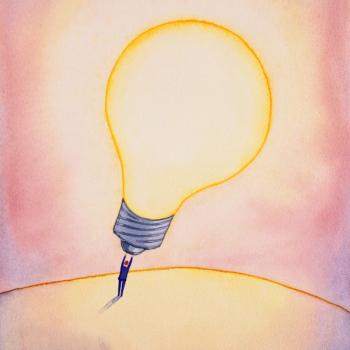
Based on this study, the monoclonal antibody is being investigated in an ongoing phase 3 study and has received an FDA Breakthrough Therapy Designation.

A cancer survivor offers how her faith helped her through her cancers.

A little insight into what kids see when you don't know they're looking, and how I came in second place to Thomas Edison.

It's exhausting trying to keep everybody positive about my progress.
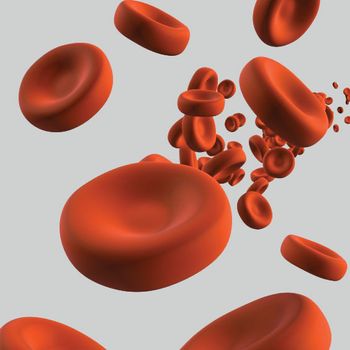
Ruben A. Mesa addressed the current treatment landscape for PV last week at the 33rd Annual Chemotherapy Foundation Symposium, a meeting of over 1,000 physicians and other oncology professionals.

CURE interviewed Thomas Prebet to gain insight into the importance of supportive care in myelodysplastic syndrome.

A male breast cancer survivor looks at the science of life and death.

The approval was based on an extension in progression-free survival in the phase 3 coBRIM study.
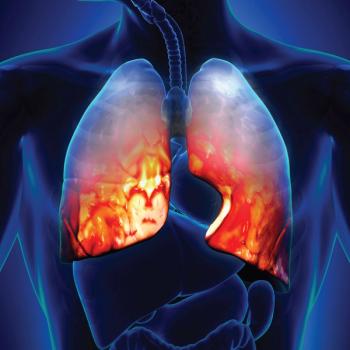
Denise O'Dea, a nurse practitioner at Mount Sinai Medical Center, recently sat down with CURE to discuss side effects from treatment for NSCLC and what nurses can do to help patients manage their symptoms.

"It's not because there's evidence that they don't work — it's just that there's no evidence at all," Maurie Markman says.

Five years from now multiple myeloma will have a therapeutic backbone consisting entirely of combinations of novel agents, a leading myeloma researcher predicts.

A combination approach can improve responses through mechanisms that, "enhance immune function, enhance receptor expression, or target intracellular signaling."

According to a recent CDC study, 69 percent of cancer patients say they pray for their health. If I had to guess, I would say the other 31 percent are doing the same thing but just call it something else.